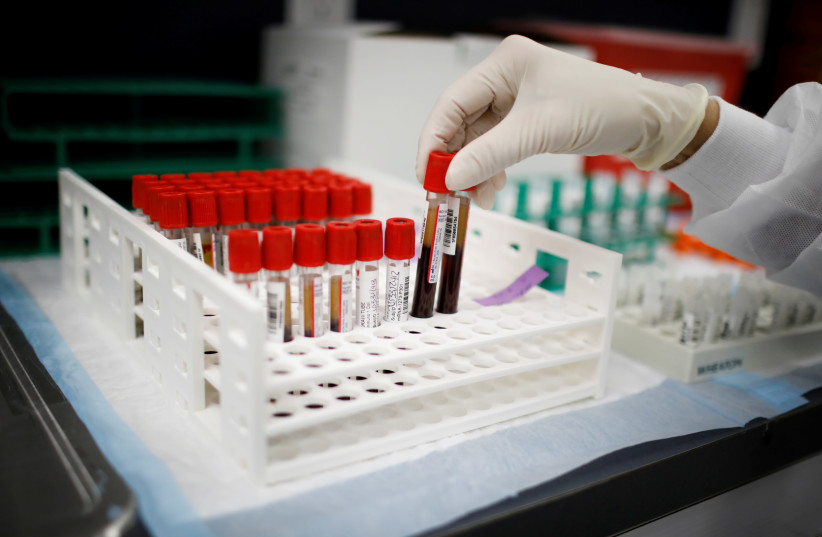Unfortunately, in recent years the number of stroke cases among young people has rapidly increased, and although it’s a known medical condition, there are many cases in which doctors don’t know what caused the stroke.
Now, researchers from the University of Maryland School of Medicine (UMSOM) whose study was published in the journal Neurology suggest that our blood type may be the key to predicting if someone will have a stroke.
Researcher Dr. Stephen Jay Kittner, a neurology specialist at , UMSOM, stated in a press release that the number of people who have strokes at an early age is increasing.
These people are more likely to die; survivors may face decades of disability. Yet there’s been almost no research into the causes of strokes in people under age 60.
Researchers conducted a meta-analysis of 48 different studies on genetics and ischemic stroke. In total, the study included 17,000 stroke patients and 600,000 healthy people in the control group.

Following this, they examined all the chromosomes collected to find genetic variants associated with stroke, and found a link between an early stroke before age 60 and the region of the chromosome containing the gene that determines blood type.
Their findings showed that those who had an early stroke were more likely to have type A blood and less likely to have type O blood which is the most common type. Those who had a stroke later in life or people who never had a stroke didn’t show these results.
Yet, researchers found that early and late stroke sufferers were more likely to have type B blood compared to the control group.
Overall, after taking out variables such as age, gender, socioeconomic status, etc. the team found that those with blood type A had a 16% higher risk of early stroke compared to those with other types. Those with type O blood had a 12% lower risk of early stroke.
Kittner explained that scientists still don't know why blood type A causes a higher risk, but we assume it’s connected to platelets which help blood clot and cells which line the blood vessels as well as other proteins in the circulation system, all of which are factors in the development of blood clots.
Since the reasons and the exact mechanism for these results are unknown, Kittner and his team think research will continue, and hope that additional studies will continue to investigate the issue with a greater variety of people. Researchers concluded that more follow-up studies are needed to clarify the mechanisms of increased risk for stroke.
